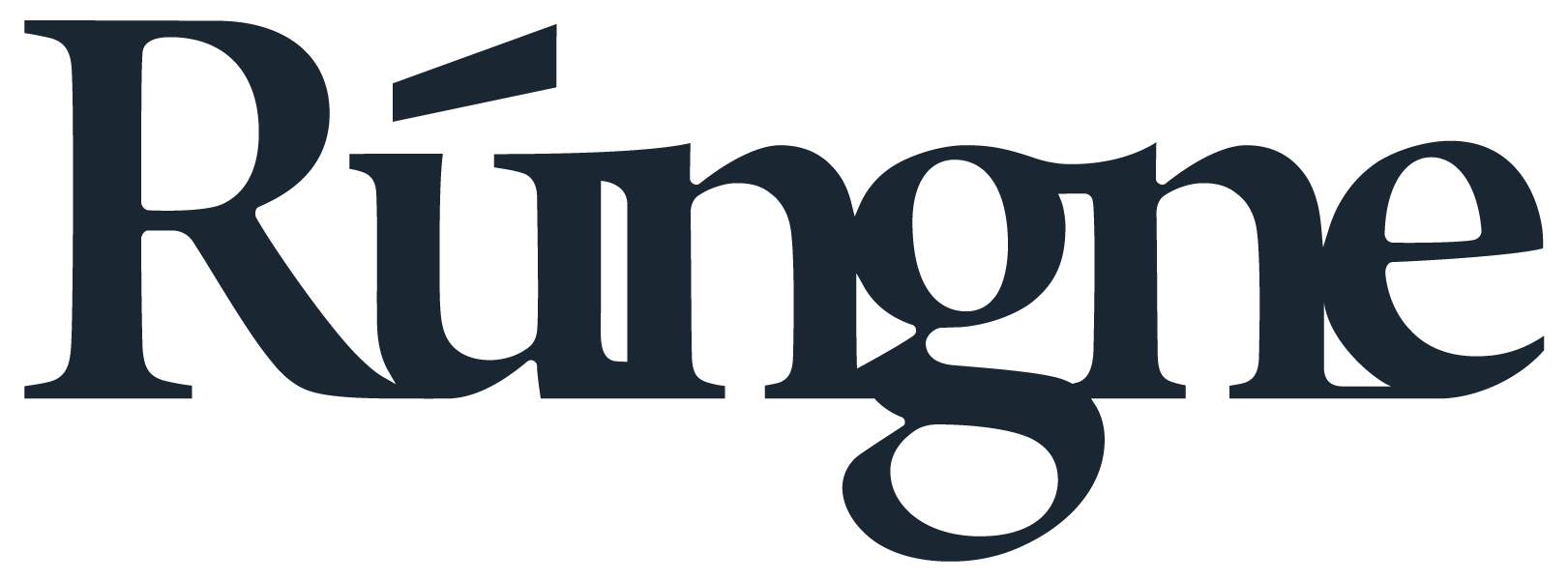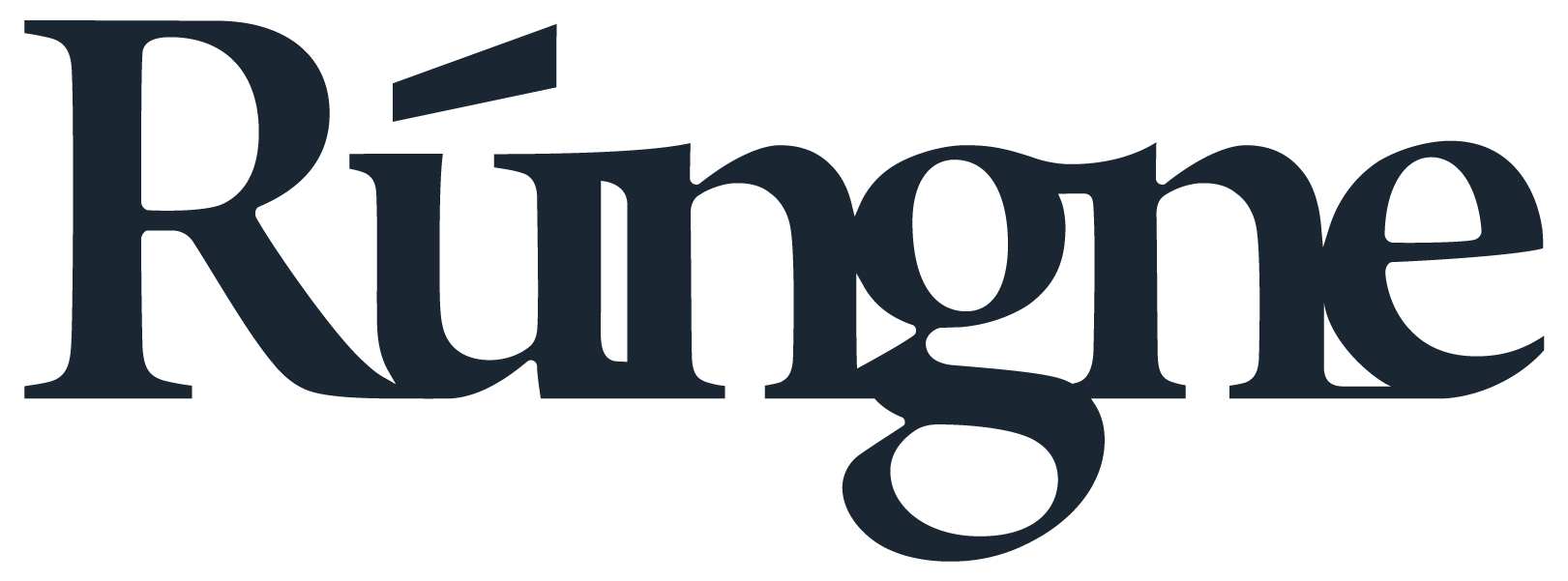Responsible Business Policy
🌍 RESPONSIBLE BUSINESS POLICY
📖 INTRODUCTION
We, at RUNGNE APPAREL AS (‘Rungne’), are committed to conducting our business in a responsible and ethical manner.
Our Responsible Business Policy (‘this Policy’) sets out a common framework for our business practices, including our own operations and our supply chains. This framework will help us to navigate our work as responsibly as possible.
This Policy defines the minimum standards of responsible and ethical behavior that must be met by Rungne and its supplier business partners for the products commercialized by Rungne in the course of Rungne's business.
We believe it is our responsibility (i) to respect and uphold the human rights of our employees and any other individuals we are in contact with, either directly or indirectly and, (ii) to adopt effective environmental management practices to minimize the direct and indirect environmental impacts of our operations upstream and downstream and (iii) to act with integrity.
🎯 SCOPE
This Policy applies to all of us: employees, managers, directors, members of the board, as well as suppliers, contractors, subcontractors, consultants, freelancers and all other stakeholders involved in our business operations. Violations of this Policy will not be accepted.
🎯 PURPOSE
The purpose of this Policy is to publicly express Rungne's commitment to taking responsibility for the direct and indirect impacts of Rungne on human rights, the environment, and other risks in the supply chains under Rungne’s direct and de facto control.
🎯 OBJECTIVES AND TARGETS
- To prevent causing, contributing to adverse human rights and environment impacts, and to promptly address any such issues that arise, while also facilitating their remediation through legitimate means.
- To ensure human rights and environmental sustainability in our supply chain.
- To provide a safe and respectful working environment.
- To maintain transparent and ethical business practices.
- To use resources efficiently and minimize the environmental impact of production.
- To carry out all Rungne’s activities in a manner that most respects the environment.
- To consider environmental and social issues in the procurement of goods and services.
- To continuously reduce any negative impact within our own business and supply chain.
- To work to improve our social and environmental performance.
🤝 COMMITMENTS
While conducting our business, we commit;
- To uphold responsible business conduct (i) in Rungne’s own business enterprise, including its own distribution centers and own retail, and (ii) in transport through the end customer, and (iii) for supply chain business partners and their subcontractors.
- To aim to meet the goals and objectives of the Organisation for Economic Co-operation and Development (‘OECD’) Guidelines for Multinational Enterprises, although Rungne does not form a multinational enterprise.
- To acting in accordance with (i) the applicable laws, including laws concerning to labour rights, workplace health and safety, product safety, environmental protection, bribery and corruption and data protection, and (ii) international agreements, including those expressed in the International Bill of Human Rights: Universal Declaration of Human Rights, International Covenant on Civil and Political Rights, International Covenant on Economic, Social and Cultural Rights, as well as the fundamental principles and rights at work set out in the International Labour Organization’s (‘ILO’) eight Fundamental Conventions.
- To protecting human health and environment from the adverse effects of mercury, persistent organic pollutants (‘POPs’) and hazardous wastes by adhering the provisions of international treaties, including Minamata Convention on Mercury, the Stockholm Convention on Persistent Organic Pollutants (via Regulation (EC) No 850/2004 POPs) and the Basel Convention on the Control of Transboundary Movements of Hazardous Wastes and Their Disposal.
- To identify, prioritize, and respect the human rights and environmental risks of harm in Rungne's own operations and its supply chain as defined and specified in Article 2 of the German Supply Chain Act and the OECD garment and footwear sector risks and/or risks of adverse impacts associated with the conditions of mineral extractions.
- To due diligence on Rungne’s most significant risks in its own operations and its supply chain.
- To aim to reach long-term sustainability both in the upstream and downstream supply chain by setting responsible procurement standards, collaborating, innovating, and embedding sustainable sourcing and purchasing.
- That no animal suffers in order for Rungne’s products to be manufactured, sold and delivered. We believe that all animals should live with good animal husbandry practices, based on the Five Freedoms established by the World Organization for Animal Health (OIE): (i) Freedom from hunger, malnutrition and thirst; (ii) Freedom from fear and distress; (iii) Freedom from heat stress and physical discomfort; (iv) Freedom from pain, injury and disease; (v) Freedom to express normal patterns of behavior.
- To take bold and immediate actions to keep global warming to no more than 1.5°C above pre-industrial levels and to achieve long-term emission reduction goals as set forth in the Paris Agreement under the United Nations (’UN’) Framework Convention on Climate Change.
- To exercising due diligence on the source and chain of custody of the Rungne’s climbing chalk to reasonably assure that the climbing chalk is sourced in a way consistent with the OECD Guidance for Responsible Supply Chains of Minerals from Conflict-Affected and High-Risk Areas or an equivalent and recognized due diligence framework.
- To refraining from any action which contributes to the financing of conflict and to comply with relevant UN sanctions resolutions or, where applicable, national laws implementing such resolutions.
- To fostering meaningful engagement with affected stakeholders, including our people, suppliers, customers, regulatory authorities etc. and to obtaining regular input from these affected stakeholders in the continued development and implementation of this Policy.
- To treat all persons, whether individuals or entities, who maintain any form of employment, economic, social, or commercial relationship, with equality and dignity.
- To actively listening to and addressing all complaints, including those related to our operations, and to taking appropriate and prompt corrective actions in response to any violations.
🏗️ RESPONSIBLE BUSINESS MANAGEMENT SYSTEM
- This Policy statement has been endorsed by Rungne’s management.
- Rungne has embraced the six-step approach based on the UN Principles and OECD Guidelines. The key features of this due diligence process are as follows:
- The process aims to ‘demonstrate’ that our commitments are not being violated in the course of doing business.
- It consists of:
- Embedding responsible business operations in policy and management systems;
- Identify and assess actual and potential negative impacts;
- Integrating and acting on the findings (stopping, preventing or reducing negative impacts);
- Evaluating the effectiveness of the approach;
- Communicating how negative effects are addressed;
- Provide or assist in access to recovery where necessary.
- The responsible business management system is designed to ensure that (i) Rungne meets its objectives, targets and its commitments under this Policy, aiming for continual improvement, and (ii) responsible business conduct becomes the integral part of Rungne’s day-to-day operations.
- The responsible business management system is responsible for implementing Rungne’s due diligence commitments under this Policy by defining processes and responsibilities.
- The responsible business management system has designated internal and external expertise who are responsible for carrying out Rungne’s due diligence commitments under this Policy.
⚙️ KEY REQUIREMENTS
👥 HUMAN RIGHTS
We shall respect and protect (i) human dignity and, (ii) internationally recognized human rights of our people and any other individuals we are in contact with, either directly or indirectly, as set out in the UN Universal Declaration of Human Rights and in a manner consistent with the UN Guiding Principles on Business and Human Rights.
We shall comply with applicable employment laws and internationally recognized labour principles.
We shall promote human rights in Rungne’s own operations and influence sphere continually.
We shall prioritize the safeguarding of the health and safety of our people and extend the same commitment to the well-being of our supply chain business partners and their subcontractors’ employees.
We shall ensure that all employees have the right to form and join trade unions of their own choice and freedom of association.
We shall not tolerate (i) harassment or discrimination in the working environment and, (ii) forced labour, modern slavery or involuntary labour and, (iii) any instances of child labour and, (iv) any abusive language in work places.
🌱 ENVIRONMENTAL SUSTAINABILITY
We shall reduce the environmental footprint of our own operations. We shall enhance sustainability in our working environments through initiatives aimed at decarbonizing, conserving energy, managing water resources, minimizing waste, procuring sustainable materials, improving transportation practices, enhancing health and well-being, and ensuring indoor environmental quality.
We demand that our supply chain business partners and their subcontractors comply with applicable laws regarding the environment, including handling waste water, emissions and waste reduction and recycling requirements.
💼 ACTING WITH INTEGRITY
Corruption in any form is not tolerated at Rungne. Rungne's supplier business partners are prohibited from offering gifts or similar items to Rungne's employees in exchange for favors. Likewise, our employees are not permitted to accept gifts from suppliers for personal gain.
We shall support efforts and contribute to the effective elimination of money laundering.
We shall ensure that Rungne's climbing chalk products are sourced in a way that eliminates direct or indirect support to public or private security forces who illegally control mine sites, transportation routes, and upstream actors in the supply chain. We will also ensure that there is no illegal taxation or extortion of money or minerals at the point of access to mine sites, along transportation routes, or at points where minerals are traded. Additionally, we will not support any illegal taxation or extortion of intermediaries, export companies, or international traders.
⚠️ IDENTIFIED RISKS
After conducting the scoping exercise to identify the most significant risk of harms in Rungne’s own operations and its supply chain, we have identified important environmental, human rights, social risks and adverse effects, that are the following: Waste generation; Loss of biodiversity; Ecology impacts; Chemical pollution; Greenhouse gas emission; Water pollution; Dust; Climate change; Child labour; Modern slavery; Unsafe working conditions; Unethical labour; Excessive working hours; Discriminatory practices; Violations of the right of employees to engage in collective bargaining; Noncompliance with minimum wage laws and wage levels which do not meet a living wage level to meet the basic needs of employees and their families; Dependency of project affected communities and loss of livelihood (income and employment, particularly evident at mine closure); Habitat depletion; Noise; Damage to destruction of cultural/ archeological heritage; Land acquisition; Fraudulently misrepresentation of the origin of minerals; Bribery and Corruption. These important risks are largely linked to RUNGNE’s suppliers operating within tiers 2, 3, and 4 of the upstream supply chain.
Rungne shall conduct the risk analysis regularly for continuing due diligence, at least once a year, as part of Rungne’s management system.
📦 PURCHASING PRACTICES AND SUPPLIER CODE OF CONDUCT
Rungne seeks to collaborate with suppliers who align with our aspirations and principles concerning human rights, the environment, and ethical standards.
We are committed to working with our suppliers to implement this Policy that is based on UN Principles and OECD Guidelines to promote supply chain transparency and build long-term, sustainable relationships.
Rungne’s suppliers shall adhere to our Supplier Code of Conduct, which will be included in all contractual agreements. Rungne’s direct suppliers shall submit the indirect suppliers’ acknowledgement to this Policy and Supplier Code of Conduct. If a risk or violation by a direct supplier is detected, a plan for ending or minimizing the violation must be implemented without delay.
🎓 TRAINING AND INCENTIVES
We will ensure that our employees receive appropriate training sessions and incentives to understand and implement this policy in Rungne's operations. The training sessions and incentives should clearly outline the expectations and responsibilities.
📣 GRIEVANCE MECHANISM
- Rungne's Grievance Mechanism offers an anonymous reporting channel available to all employees, contractors, suppliers, subcontractors, and other stakeholders, including indirect suppliers.
- The Grievance Mechanism program is managed by Rungne's Head Office in Norway.
- It allows you to report concerns in various languages, anonymously and securely. Protection from retaliation is guaranteed for those who lodge complaints.
- To facilitate this process, concerns can be communicated directly to Rungne through the following methods:
Postal Mail: Rungne Apparel AS, Lilleakerveien 2E, 0283 OSLO
Email: responsiblebusiness@rungne.com
- An impartial and independent individual from outside the business is appointed to conduct proceedings.
📊 MONITORING AND REPORTING
- Rungne is tasked with monitoring the implementation of measures designed to halt, prevent, and mitigate the negative impacts of its business activities throughout the supply chain.
- An impact measurement will be used to evaluate the effectiveness of these measures and provide support for the remediation of any negative impacts.
- We employ a variety of tools to assist us in our due diligence processes. These may include surveys, audits, on-site inspections, third-party verifications, assessment of business relationships regarding the Supplier Code of Conduct and pass-on clauses, engagement and consultation with potentially affected stakeholders such as trade unions, consulting technical literature, and obtaining information from international organizations and civil societies.
- We regularly collect and analyze internal procurement data to align our purchasing practices.
- Rungne's nominated responsible business person is required to report biannually to Rungne's executive board and regularly meet with department heads responsible for the supply chain.
🔁 REVIEW AND IMPROVEMENT
Key indicators will be defined for continuous improvement of this Policy. This Policy must be reviewed and updated annually to ensure its relevance to international norms and potential harms and operational risks Rungne might face in its own operation and its supply chain.
✅ COMPLIANCE
If this Policy is not adhered to, the necessary remedies must be put in place. Typically, the first course of action involves developing a corrective action plan to effect the required changes. Our objective is to address and rectify all issues promptly. Failure to make the required corrections will result in disciplinary action, up to and including as a last resort termination of contract.




